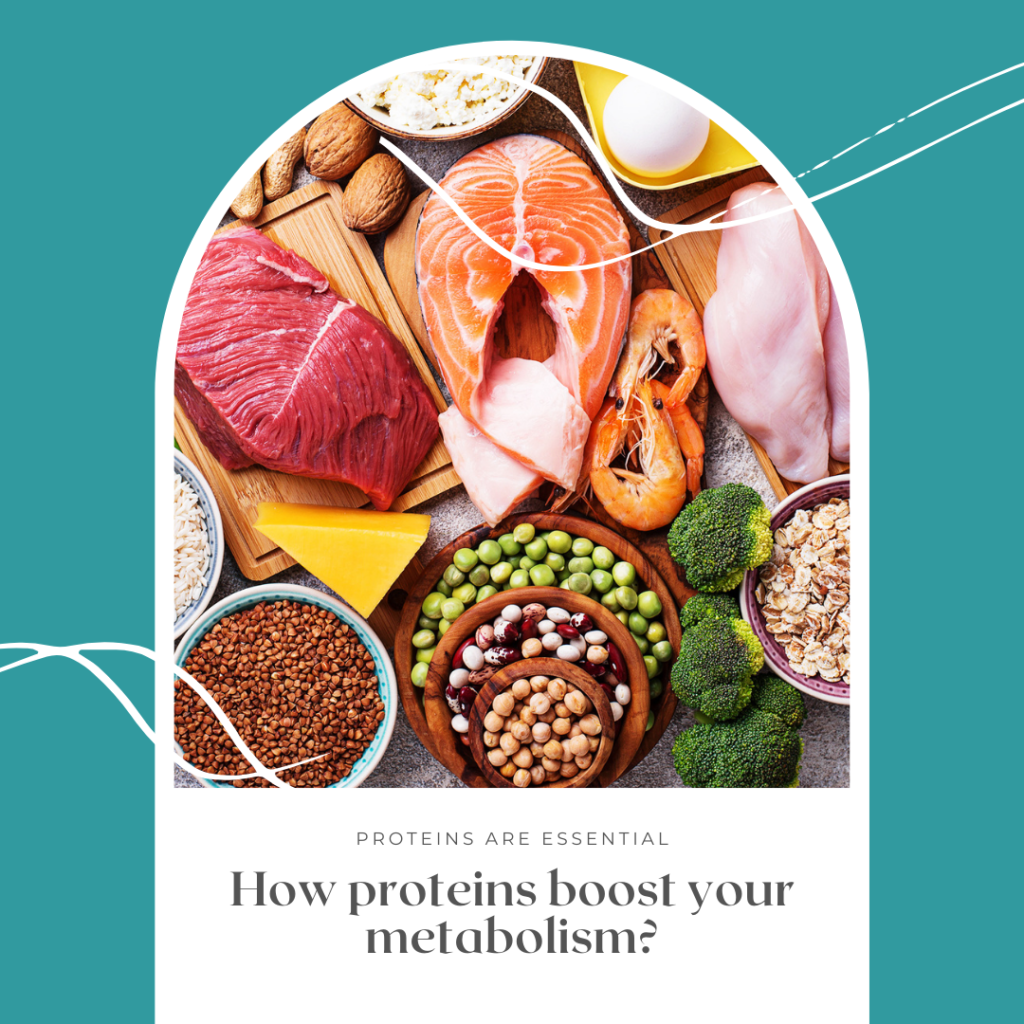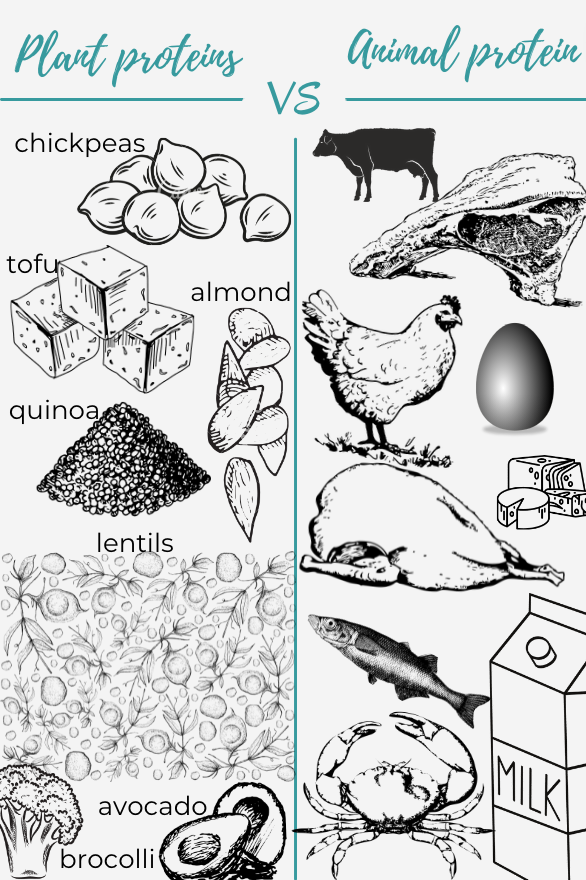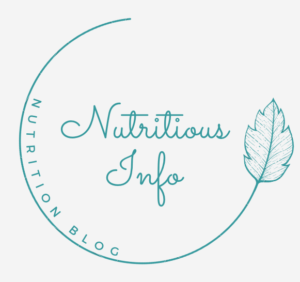
I’ve wrote so fat about carbs and fats. Not enough yet, but I’ve didn’t mention proteins.
What it metabolism?
Let me start with explaining briefly what is metabolism. This process is extremely important as it is what makes us alive. Thus, metabolism is chemical reactions that happen within our body to provide us energy, to keep us alive, to provide nutrients for our cells and organs.
As we eat and drink, our body metabolize all the entered components, using energy (thermogenesis) and resulting with energy. To, digest, process, absorb and transport carbs, proteins and fats, it requires energy and each requires energy differently… (That where proteins make a difference J).
However, Metabolism isn’t only about the energy provided with food. Obviously, we don’t eat all day, but that doesn’t mean we can’t function the times we don’t eat. Metabolism includes our resting state as well. That makes up approximately 60% to 70% of the average person’s total expenditure (=how much we burn). It is also important for a lot of involuntary functions, which are significant for keeping us alive…like breathing, circulating blood, growing and repairing cells …etc.
In sum, metabolism is the combination of all process that requires energy and results with energy. Includes processes at resting state, food processing, physical activity, age, sex and weight.
What is protein? And why it is essential?
Protein is one of the energy sources of our body. Meaning you eat protein to get energy. Proteins play countless roles in our body. Want healthy brain? Build muscles? Maintain immune system? Healthy heart? Regulate stress? Prevent certain diseases? Produce cells? All which is related to an adequate intake of proteins.
Despite all these functions…all proteins are made out by only 21 amino acids (small units that bond to give a protein) that occupy most of our body. Some of the amino acids our body can make them, but others our body can’t make them, and they are essential (we need to take them with food!)
Proteins can be taken from both plants and meat. However, the plant based proteins are not high quality. What I mean by high quality is that they don’t have ALL the essential amino acids unlike meats. Meaning, you should take a really VARIOUS types of plant based proteins to ensure the intake of all essential amino acids. In addition, plant based proteins are difficult to digest so careful when taking them to not cause bloating or upset stomach. But don’t worry a lot, because out body has its own techniques to deal with it 😉
On the other hand, meats are easier to digest and can be fully digested in the stomach and the small intestines. One concern when it comes to meat is that not all sources are as clean as we think. Meat, chicken and other animal based protein are not always raised freely. They are in cages, full of hormones, been through long, complex processing that introduce a lot of toxins…not the right post to talk about it… a lot is needed to be said 😉
Whether you are relying on animal or plant protein, it is possible to find a clean source of both.

How it boosts the metabolism?
As I mentioned above, when we eat food or drink, we need energy to metabolize (process) them. The amount of energy needed depends on the macronutrients. This is called the thermic effect of food (thermogenesis). Studies have agreed that protein have the highest thermic effect compared to fats and carbs. To keep it simple, proteins are complex. Our body needs to work hard whenever protein is there, to digest, break down and store. Therefore, much more energy is needed and it ends up with 4 calories only (1g of protein gives 4 calories). Scientist estimated that about 20-30% of calories are required to metabolize proteins. “If you’re not getting a sufficient amount of protein and you’re getting too much sugar (carbohydrates), then you’re going to end up NOT expending a lot of calories,”.
There is a recent study that looked at the impact of high protein diet on energy expenditure (which is basically the metabolism or amount of energy used) on healthy adults. They’ve found that it does increase the energy expenditure. And not only that, it increased fat oxidation meaning breaking down fats!!
In addition, since protein is related to building muscles (of-course, if accompanied with physical activity). The more muscles you build, the higher your resting metabolic rate. Meaning an increase in your metabolism not only while eating, also in your sleep J. Every pound of muscle uses about 6 calories a day just to sustain itself, while each pound of fat burns only 2 calories daily. Amazing right?!!
Protein and weight loss!!
Because of these, higher intake of protein has been increasingly shed the light on in media as a promising strategy for weight loss. As it seems to be able to influence satiety and satiation. (read more in Are you really hungry?). Protein is the most satiating macronutrient followed by carbs and fat, which is least satiating. This found to help decrease energy intake. Studies discovered that high-protein diets increase the secretion of satiety hormones and reduced hunger hormone secretion. Since it stays on your stomach longer and makes you stop eating, its then automatically make you consume less calories.
IMPORTANT TO NOTE:
High protein diet can cause acid load to the kidneys. Which then could have deleterious impact on health. Keeping in mind that not all protein sources are clean. So it is important to know how much and from where you should take.
References:
- Pesta, D. H., & Samuel, V. T. (2014). A high-protein diet for reducing body fat: mechanisms and possible caveats. Nutrition & metabolism, 11(1), 53. https://doi.org/10.1186/1743-7075-11-53
- Oliveira, C. L., Boulé, N. G., Sharma, A. M., Elliott, S. A., Siervo, M., Ghosh, S., … & Prado, C. M. (2021). A high-protein total diet replacement increases energy expenditure and leads to negative fat balance in healthy, normal-weight adults. The American journal of clinical nutrition, 113(2), 476-487.
- https://www.healthline.com/nutrition/how-protein-can-help-you-lose-weight#TOC_TITLE_HDR_3
- https://www.mayoclinic.org/healthy-lifestyle/weight-loss/in-depth/metabolism/art-20046508

Pingback: Understanding Carbohydrates, Protein, and Fats - Nutritious nutritiousinfo
Pingback: 5 Reliable Ways to Lose Fat - nutritiousinfo
Nice article and some great info. Will definitely be taking some tips from this